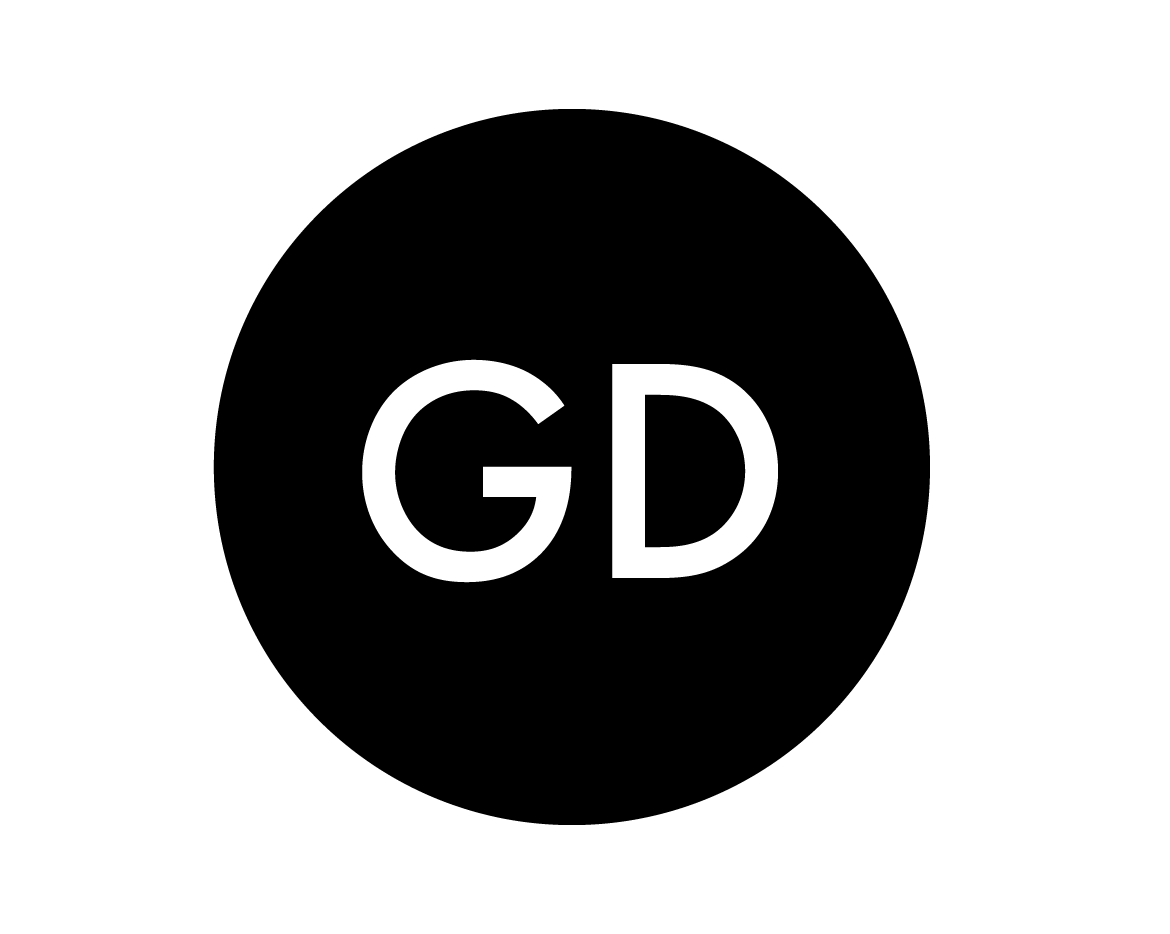The New Wave of Political Protests: Why Are Publishers Planning on Selling Female-Only Books?
Literature is a powerful thing. From the age of Enlightenment, to the modern multi-story shelves of Waterstones' book-shops, people have bought books that align, influence or uphold their world-view, their culture and their moral compass and values. But it is not just the books that we as individuals buy, borrow and wistfully gaze at that speak of our morals and journeys; so do the books that publishers choose to sell.
Sophie Lewis, an editor at publishing house ‘And Other Stories’ told The Independent that her company will, for one year, only be releasing books written by women authors. She is not alone in pursuing this goal. There was a call made by Kamila Shamsie, owner of the The Bookhouse, for book publishers to only release the work of female writers in 2008 (100 years after the climax of the Suffragette movement).
Shamsie urged other women in publishing to follow the trend. This may seem, to some, a step too far. The rise in cultural feminism may be extending its arm to all reaches of our culture, including more heavy criticism (in not only books, but TV, film and games), but it also brings with it negative waves of counter-feminism: those arguing that these measures aren’t needed, or are too demanded. Shamsie, in her post, has answers for this. In fact, so does most of the main-stream online press.
In 2012, research found that in the UK two-thirds of all books sold are bought by women. And there is no doubt that money speaks. Money speaks tons, it tells us a lot about not only individual cultural appetite, but also tells an undeniable truth. With the big money-making business of modern day book consumerism also comes the power-structures that dictate our cultural and sociological trends.
For the past five years, The Guardian has asked 252 ‘cultural figures’, most of them celebrated writers, to choose their selection of recommendable/favourite works from the past 12 months. 56% of the men asked chose only books submitted by their male counterparts, while just 15% of them chose female only literature. A gap of 41%, compared to the minute gap of only a 3% difference between the female choices of men’s and women’s works (32% choosing works women authors, whilst 29% were selecting the works of male entries). These numbers indicate that male writers are much more likely than women writers to value books by writers of their own gender. And this can have potentially damaging consequences when applied to the publishing/literary world.
Although these trends are not obvious, they are undoubtedly there. We are reading the books that (in the most part) men want us to read – that are, in the most part, written by men. Of course this is not an inherently bad thing, but it does pose the question as to what we are missing out on. Is the work we see published truly reflective of what a predominantly female consumer base wants, or is it just what they are getting?
Perhaps these jibes are not fair. After all, some of the most celebrated authors of all time are female (and certainly, female authors such as J.K Rowling, Virgina Woolf, Sylvia Plath and Jodi Picoult are the people that, for me, come to mind when I think about great writers). But we cannot deny that many smaller publishing companies have submissions that are predominantly by male authors sent to them each year. As Lewis says in The Independent: “We have been putting it about, gently, for the last few years, that we’re particularly looking for fiction by women. They could be from anywhere really. And what do people send us? Why, more exciting, boundary-pushing men, of course.” What great female literature are we missing out on, then?
For many, including Lewis, it is not just about publication, but recognition, about awards, prizes and perhaps even a chance for “more under-represented voices to be heard”. So perhaps, in the future, BME (Black and Minority Ethnic) books and poetry may be the only works published for a year, and then, maybe one day LGTBQ publications too. I sincerely hope so.
Money really does talk, whether you are a consumer of literature, a powerful retailer, or a publishing house, wisely re-investing in the talent of the future. The books that people are reading say a lot about our culture and who we are as people. Undoubtedly, if many Publishing houses catch on to this trend, 2018 could be an explosive year for under-confident female writers to show their hand in a man’s world.
Shamsie concludes her article in a well-chosen rhetorical stance: “What will happen in 2019. It is indeed, a fascinating debate, whether you agree with this ‘radical’ call or not. It is clear to me that the socio-economic power that undoubtedly favoured men has for years seeped its way into common literature, but perhaps, for some people, what we read is not what we believe, nor what we sell, either.
by Melanie Smith
